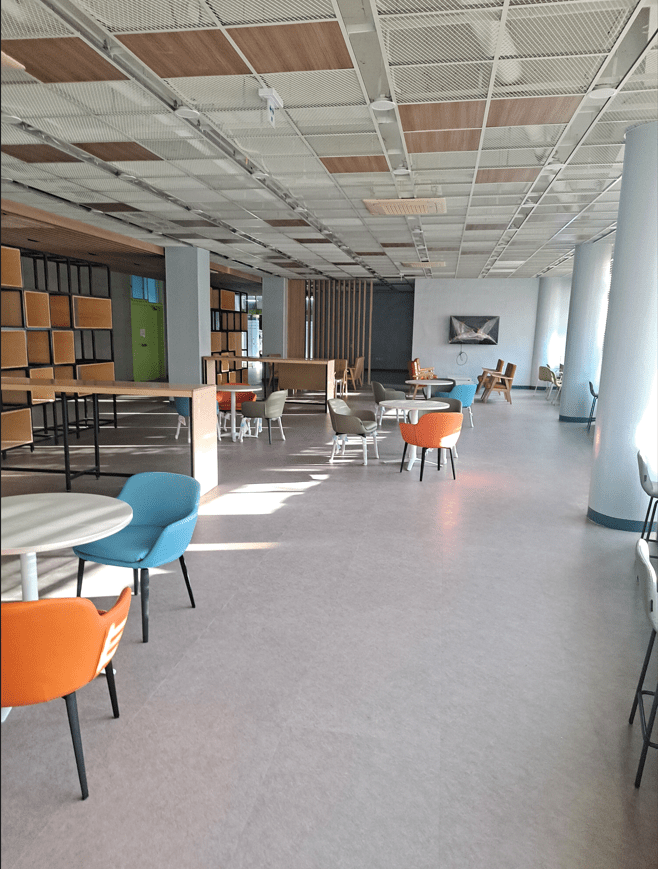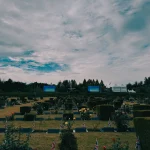Busan, South Korea — Busan took another step forward in its mission to become a startup-friendly city today, as Mayor Park Heong-joon inaugurated the city’s third Startup Incubation center at Dong-eui University. The new center, part of the citywide “Startup Incubation” initiative, offers integrated work and living spaces designed to support young entrepreneurs in high-tech industries. This facility, which includes collaborative areas and networking lounges, is a key milestone in the city’s long-term strategy to nurture homegrown talent and establish Busan as Asia’s “Startup Hub.”
“By providing these resources and spaces, we’re creating an environment where entrepreneurial dreams can be pursued and grown locally,” said Mayor Park. “Our vision is for these centers to spark innovation across Busan, helping young entrepreneurs realize their potential.”
Located within Dong-eui University, the new Startup Incubation center transforms former student housing into an innovative, multi-functional facility for startups. The center offers 25 rooms designated for both work and residential use, along with common spaces for meetings and informal networking, all aimed at fostering collaboration among resident entrepreneurs. Notably, the center was developed with direct input from local startup founders to ensure the design and resources reflect the needs of today’s young entrepreneurs.
“We wanted to build a space where young innovators could not only work but also live and connect,” said a Dong-eui University representative involved in the project’s planning. “It’s a place for building ideas and building community.”
The opening of this third center at Dong-eui University is part of Busan’s broader Startup Incubation initiative, which now includes similar centers at Dongseo and Kyungsung Universities. Each center focuses on a specific industry niche, contributing to the development of sectoral strengths across the city. The Dongseo University center supports manufacturing startups, while Kyungsung University’s specializes in web content creation. By the end of 2024, two additional centers will open, bringing the total to five and extending this network of entrepreneurial support across Busan.
The Dong-eui University facility will cater to startups in high-tech fields, particularly artificial intelligence (AI) and robotics, areas that align with Busan’s goal of advancing its knowledge-based economy. Notably, companies from outside the region, such as an AI firm relocating from Ulsan, have chosen to join the incubation program, highlighting Busan’s appeal as a regional innovation hub.
A collaborative effort among the city government, universities, and private partners has been key to realizing the Startup Incubation centers. Dong-eui University, along with Busanjin-gu, contributed additional funding to expand and enhance the center’s facilities. Further financial support comes from IBK Bank, which has partnered with the city to provide dedicated banking services and financing options for resident entrepreneurs. This multi-faceted support structure reflects Busan’s commitment to helping startups succeed, offering not only physical spaces but also access to essential resources.
The demand for space in the new center has been strong, underscoring the appeal of Busan’s incubation model. Out of 17 applicant companies, 12 were selected for the Dong-eui University center, yielding an 84% occupancy rate at launch. Resident startups at the new center include companies specializing in advanced AI and robotics applications, fields that have been identified as high-potential areas for Busan’s economic growth.
The Startup Incubation initiative also aligns with Busan’s “15-Minute City” plan, a vision that prioritizes the efficient use of underutilized spaces within the city to improve urban connectivity and quality of life. By transforming dormitories and other existing buildings into startup hubs, the initiative not only supports young entrepreneurs but also contributes to urban revitalization, breathing new life into areas around each center.
Each facility is tailored to the strengths of its specific location: manufacturing at Dongseo University, web content at Kyungsung, AI at Dong-eui, and upcoming centers in Dong-gu and Haeundae for cultural tourism and AI, respectively. This approach reflects a commitment to developing specialized ecosystems that support both local economic goals and the unique needs of different industries.
With three centers operational and two more scheduled to open soon, Busan’s Startup Incubation initiative is set to become an integral part of the city’s economic landscape. The initiative not only provides young entrepreneurs with spaces and support but also serves as a model for regional economic development, encouraging collaboration and innovation across sectors.
Mayor Park expressed his optimism about the future of the Startup Incubation centers, remarking, “These centers represent our investment in Busan’s future. We hope to see many unicorn companies emerge from this initiative, helping to make our city a vibrant center of innovation and entrepreneurship.”



